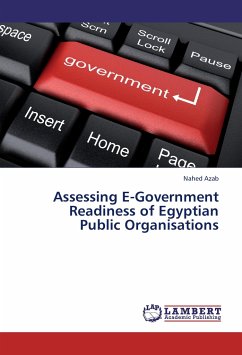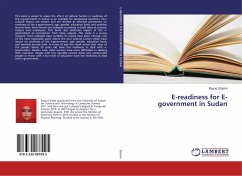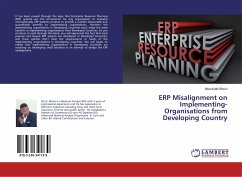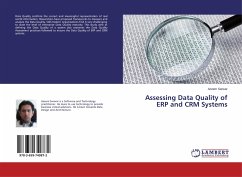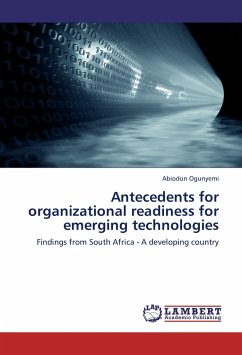Electronic Government (e-government) is already a reality expected to draw further interest among both academic and business communities. Given the amount of time and money being spent today on e-government, it becomes increasingly important for governments to identify measures of success and regularly monitor their e-readiness environment. The aim of this book is to fill the research gap in assessing E-Government Readiness (EGR) of public organisations. Most assessment approaches are more suitable for the appraisal of the overall development of e-government; not directly focusing on the internal factors affecting a public organisation. Furthermore, most of these approaches ignore the view of civil servants: the cornerstone in the success of any e-government project. The research recommends that public agencies should realise the importance and interrelation between all e-government building blocks which are: (i) strategy, (ii) processes, (iii) technology, and (iv) people. An EGRframework is proposed encompassing all these issues, and then tested by getting feedback from the employees working in a number of public sector organisations in Egypt.
Bitte wählen Sie Ihr Anliegen aus.
Rechnungen
Retourenschein anfordern
Bestellstatus
Storno

